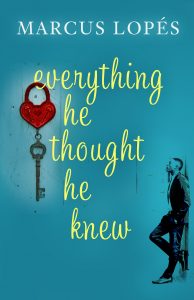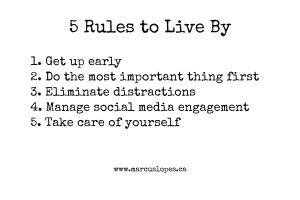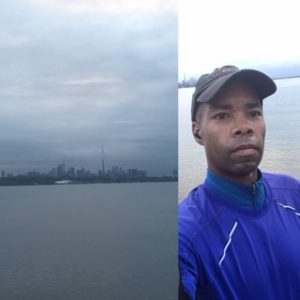
A continuation of ‘Whatever It Takes‘
“I wouldn’t do that,” Michael warned when he saw Marceau’s hand move. Was he going for a panic button under his desk? “I don’t have a lot to lose at the moment, so I have no problem killing you.”
“Let’s all take a breath.” James glared at Michael, then turned to Marceau. “Please, André, we just need a few moments of your time, and for you to answer a few questions.”
“I’m the Minister of Justice,” Marceau snapped. “You just can’t come in here and threaten me.”
“No one has threatened you, per se,” James said. “My colleague usually only makes promises.” He pointed to the sofa. “Come sit with me and let’s talk.”
Michael kept his gun trained on Marceau as he moved from behind his desk and eased himself onto the sofa. “And to ensure you remain healthy, I encourage you to tell the truth.”
“I don’t know what you think I know,” Marceau huffed. “But I —” [Read more…] about Sold Out


 Feeling
Feeling 